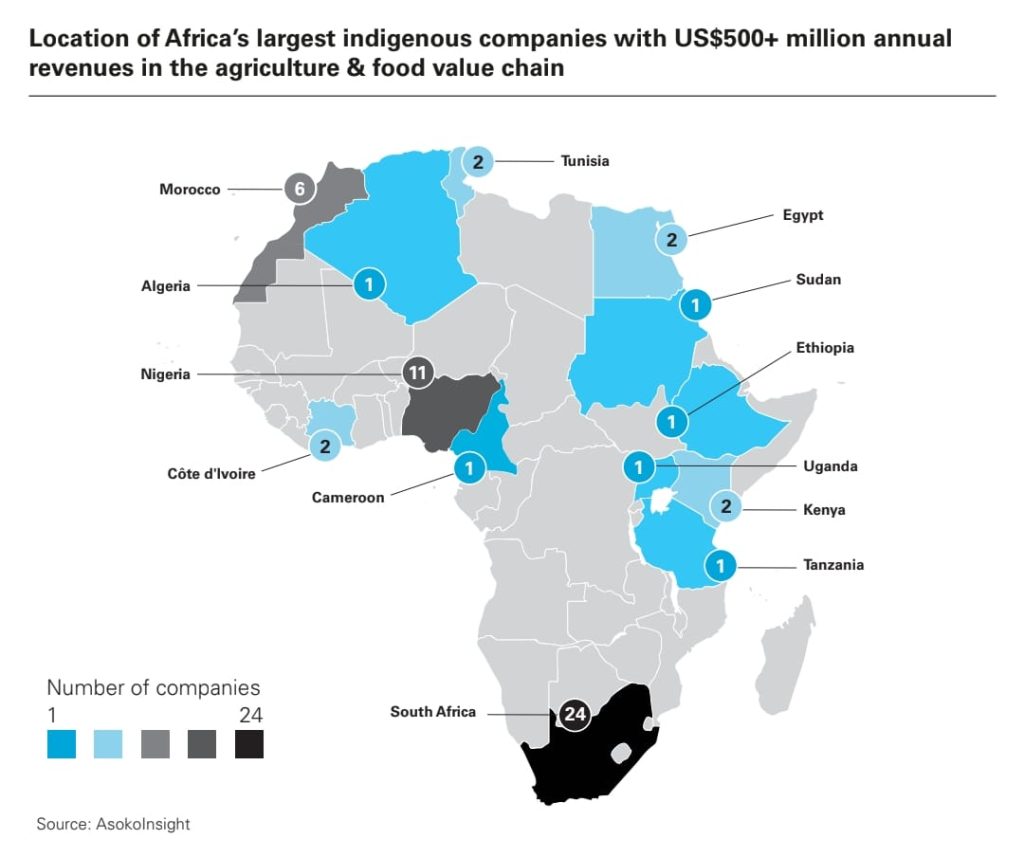By D. I. Laary
Koforidua, Dec. 22, GNA – Dr. Amos Rutherford Azinu, Seed Business Executive at the Legacy Crop Improvement Centre (LCIC), has highlighted critical challenges facing Ghana’s agricultural sector that threaten economic growth.
He called for a comprehensive approach to agribusiness transformation and the establishment of large-scale indigenous agribusiness companies to address market gaps and boost economic growth, thereby enhancing job creation in the agricultural sector.
In an interview with the Ghana News Agency, Dr. Azinu emphasized the urgent need for the establishment of large-scale indigenous agribusiness companies to bridge existing gaps in the market.
“Ghana’s agricultural sector currently operates well below its potential, primarily due to its focus on raw material exports rather than processed products,” he said.
Dr. Azinu warned that without major indigenous processing companies, valuable opportunities for agricultural value addition slip away.
This affects Ghana’s foreign exchange earnings and creates ongoing pressure on the cedi’s stability.
Small agribusiness enterprises, he noted, despite their potential, struggle to break into larger markets, finding themselves unable to effectively participate in regional and global value chains.
The lack of major agribusiness players has created a significant void in Ghana’s employment landscape. Large agricultural companies typically generate sophisticated job opportunities in emerging fields like agricultural technology, food science, and corporate agricultural management.
These firms also tend to create extensive business ecosystems, supporting numerous smaller enterprises and service providers throughout their supply chains.

Dr. Azinu noted that the absence of such opportunities often leads to brain drain, as skilled agricultural professionals seek better prospects in neighboring countries with more developed agribusiness sectors.
To combat these challenges, he has advocated for a comprehensive approach that focuses on several key areas that includes modernizing rural road networks to enhance agricultural logistics and developing comprehensive storage facilities and cold chain systems.
He also urged the need for expanding irrigation infrastructure for year-round farming; structuring targeted tax incentives for agricultural processing ventures; establishing clear, investor-friendly agricultural policies and creating dedicated agribusiness economic zones.
He further advocated that the comprehensive approach should focuses on launching an agricultural development fund; strengthening research institutions focused on agriculture; and facilitating knowledge transfer through partnerships with successful regional agribusinesses.
Additionally, it should focus on supporting international standard certification programmes; designing export promotion strategies for processed agricultural products; enhancing regional market integration efforts and providing low-interest funds for agribusiness expansion.
Dr. Azinu expressed the belief that success in transforming Ghana’s agribusiness sector would require a coordinated effort among government bodies and private sector stakeholders.
“A robust monitoring and evaluation system is essential to track progress and enable timely adjustments to implementation strategies,” he stated.
Adding, “The transformation of Ghana’s agricultural sector through these initiatives could foster the emergence of indigenous agribusiness companies capable of generating over $500 million in revenue within the next 5-7 years.”
“Such progress would represent a significant shift in Ghana’s economic landscape, creating substantial employment opportunities and driving sustainable economic growth.”
GNA